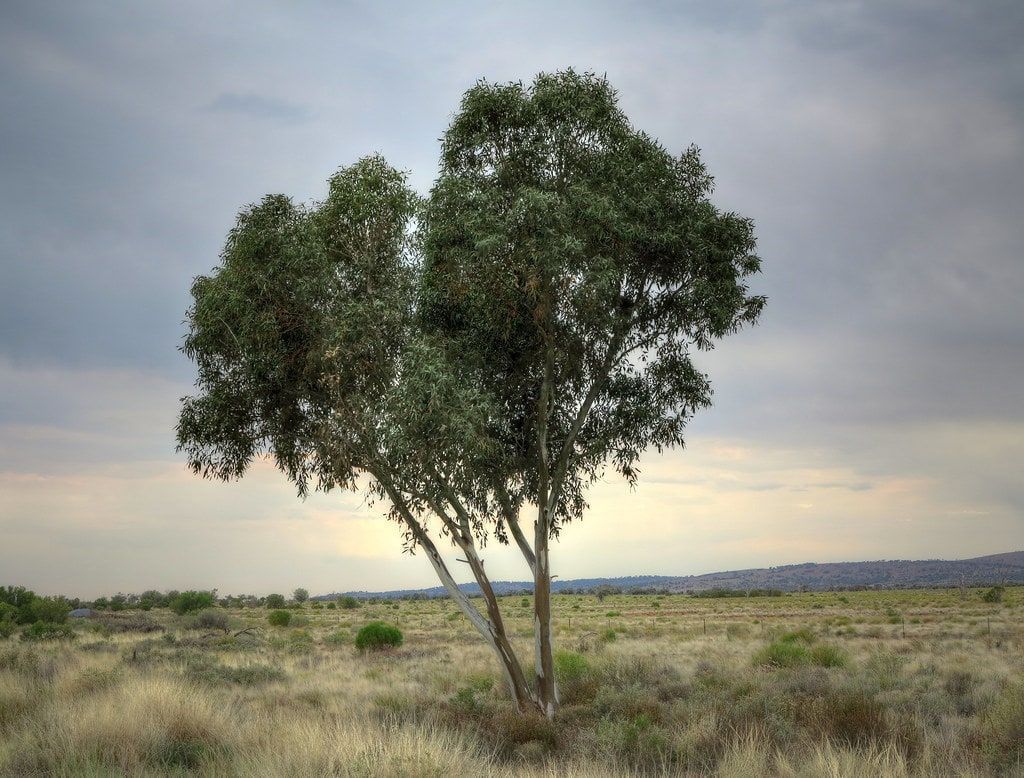News


Eucalyptus trees could become a common site in the paddocks of Brazilian cattle farms, as the industry strives to become a carbon-neutral industry.
Booming Brazilian Beef Sector
The booming beef industry has made Brazil a dominant player on the global stage. The country has quickly risen to become the largest exporter of beef, contributing around 20% of the world’s exports. Driven by Brazil’s increasingly lucrative relationship with China, the last 15 years have seen the South American country move from being a net importer of food to the third largest exporter of food in the world.
Such development has required a rapidly increasing amount of available farm land, which has quickly accelerated the rate at which Amazonian forests have been cleared. A third of the world’s tropical deforestation for commercial use is attributed to Brazil, and cattle farming represents the lion’s share of the use of reclaimed land.
In addition to issues surrounding the production of methane by cattle – each animal emits around 70-120 kilograms of methane annually – deforestation for grazing contributes 6% of the world’s greenhouse gas emissions. Methane is also emitted by bare soils, while forest losses reduce biodiversity and increase the risk of the transmission of new diseases to humans.
Eucalyptus to the Rescue
While farmers could purchase offset credits to counteract their emissions, the Brazilian Agricultural Research Corporation (Embrapa) is pushing the industry to achieve carbon neutrality at a farm level. In addition to making the industry more sustainable, Embrapa is focussed on the industry achieving carbon neutrality as a key marketing feature.
At a farm-level, a cornerstone of Embrapa’s approach is the planting of Eucalyptus trees on cattle farms where native forests were cleared for commercial use. Researchers found that planting trees at a density of around 250-350 per hectare produced 25 cubic metres of wood per year in addition to sequestering up to five tonnes of carbon – the equivalent to 12 fully grown cows.
Roberto Giolo de Almedia, a lead researcher with Embrapa, said that the integration of Eucalyptus trees also increased stocking densities by up to 100%. Pastures shaded by trees performed better and offer more nutrition to grazing cattle. De Almedia’s team found that shade also benefitted livestock by providing relief from intense afternoon sun, with the study showing that cattle raised in tree-dotted pastures reached their goal weights around 30% quicker than those without shade.
While the development of a more sustainable agricultural industry is good news for Brazil, many argue that ending deforestation is the ultimate goal. Richard Eckard, professor of sustainable agriculture at the University of Melbourne, says that the Brazilian government will need to intervene in order to put a stop to further land clearing.
“In the end it all comes back to government policy,” he said.
“The only reason the Australian government achieved its Kyoto protocol targets was because they legislated against deforestation in Queensland. It requires leadership from government.”
Sources: DialogoChino, BBC
Image: “eucalyptus tree” by alex1derr is licensed under CC BY-NC-SA 2.0
Get the latest industry updates
Contact Us
We will get back to you as soon as possible.
Please try again later.



